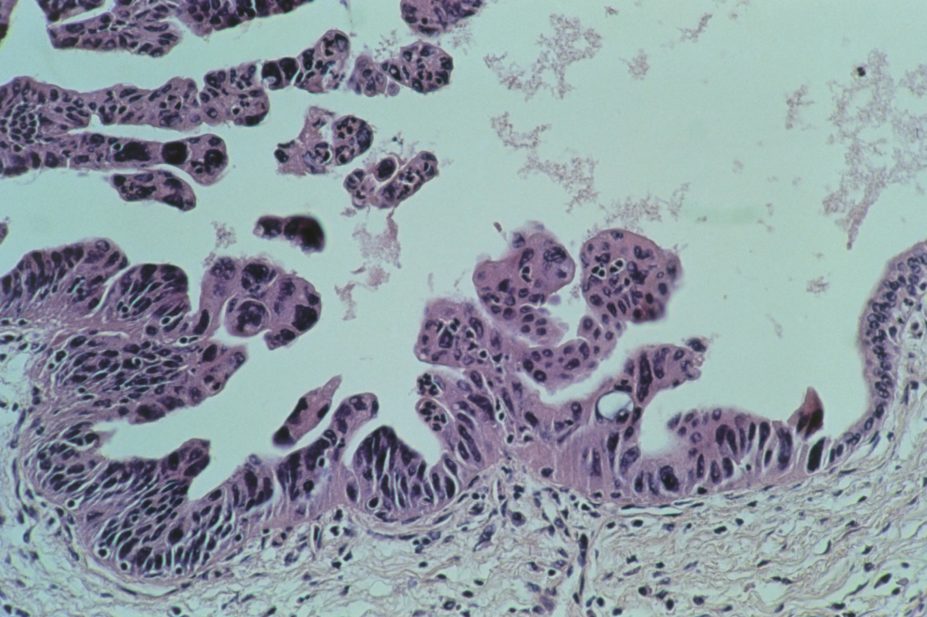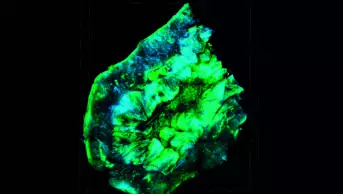
Science Photo Library
Pancreatic cancer has low survival rates and the most common form – ductal adenocarcinoma – is hard to treat, partly because of the presence of desmoplastic stroma (fibrous connective tissue surrounding the tumour), which impedes therapeutic agents.
Researchers from Barts Cancer Institute in London explored whether targeting the stroma with retinoid tretinoin, used for acne and acute promyelocytic leukaemia, could enhance the efficacy of gemcitabine chemotherapy in mice models of the disease.
They found that combining the treatments resulted in reduced cancer cell proliferation and invasiveness, as well as enhanced apoptosis, compared with either treatment alone.
In the Journal of Pathology (online, 25 May 2016)[1]
, the researchers say the combination strategy could help make tumours surgically removable. This will now be explored in a clinical trial of pancreatic cancer patients called STARPAC (Stromal Targeting in Pancreatic Cancer).
References
[1] Carapuça EF, Gemenetzidis E, Feig C et al. Anti-stromal treatment together with chemotherapy targets multiple signalling pathways in pancreatic adenocarcinoma. Journal of Pathology 2016. doi: 10.1002/path.4727


